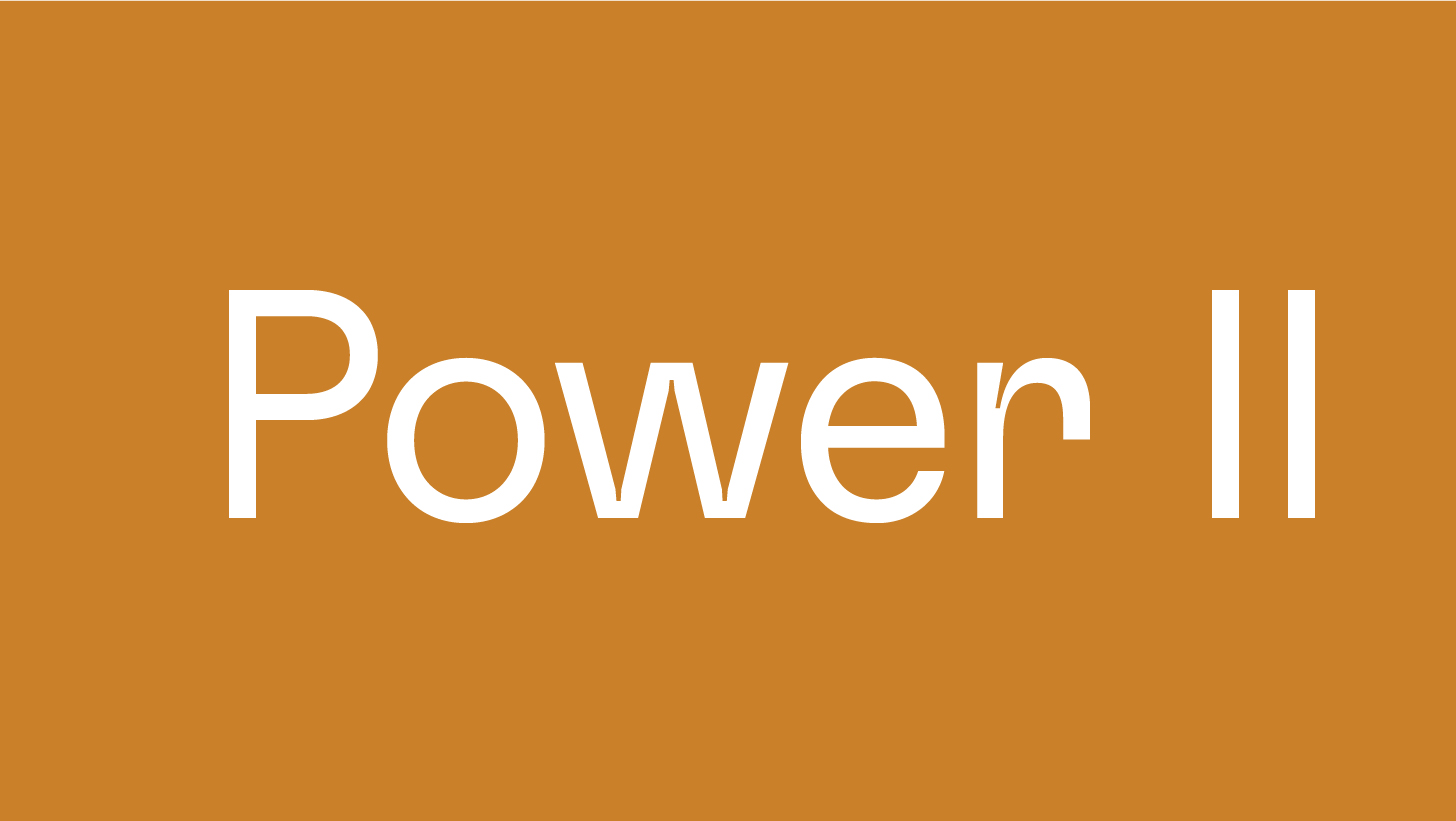This article is the compilation of our learnings from 8 global dinners held in 2019.
This month, we hosted conversations around power in 8 cities across the globe on the topic of Power. From Mumbai to Bogota, Miami to Toronto, women are shifting their ideas around what power means — and how we can truly feel it inside.
Now, our key takeaways:
Power is a CHARGED word
While for some women the word “power” has a positive connotation (strength, change), for most of us, power is a dirty word. It comes with a heavily masculine connotation — when we hear “power” we think of dominance, rigidity and fear. When we think about hierarchy it comes with a lexicon of war — you’re either “above” or “below” in an inherently unjust struggle.
But power isn’t one-dimensional. We encounter it from all angles — from within ourselves, through others, and through the social systems all around us. Across our tables, we identified 3 different ways to look at power:
1. Internal — The most authentic expression of ourselves (eg. How confident we truly feel on the inside)
2. External –The power we either lose or gain based on how others see us (eg. We lose power when a co-worker ignores us in a meeting, or we gain power when a friend is too needy or dependent on us)
3. Societal — The cultural systems that either empower or disempower us (eg. Systemic racism, patriarchy, homophobia, xenophobia, etc.)
Culture and Power go hand in hand
As with every Dinner Confidential topic, our relationship to Power stems from our upbringing — the patterns and behaviors we witnessed from our parents and caregivers. But perhaps more than any other topic, our relationship with power is deeply intertwined with our culture.
Culture is such a strong determinant of power, that even if we feel powerful internally, an oppressive cultural environment can easily strip us of any sense of sovereignty or control. Our power has been taken from us by culture’s dominant social and political systems, ranging from women of color living under systemic racism in the US, to women growing up under dictatorial rule in Chile and Venezuela, to queer women growing up in homophobic cultures.
So, for many women, powerlessness feels like the status quo. And with power so closely tied to self-worth, we’re quite used to feeling small and “not worthy.”
So when we do acquire some power, many of us actually feel guilty
Given our disempowering socialization, what happens when we do actually acquire some power? How are we supposed to use power that’s been “given” to us by a system that we have only known to abuse and take it away? For many of us, this is a question that is particularly relevant to the workplace. Suddenly we find ourselves “in power” — succeeding, rising the ranks in our organization and managing other s— and we become almost paralyzed with guilt. Commonly referred to as “imposter syndrome” we struggle to integrate and accept our power (eg. “Do I deserve to be here?” “Will everyone find out I’m a fraud?”)
Yet, on an individual level, “power” exists within each and every one of us
As women, we are incredibly powerful beings. We literally create life (pussy power, anyone?). So for us, power is not about the individual rising at the expense of everyone else “beneath” them. Instead, power is about the collective. As women, we see power as a responsibility — begging the question, “If I have power, how can I be even more responsible and accountable to others?” With power, we look to the community’s needs and create spaces for those who are less powerful to rise up.
But what would it be like if we derived power from being a woman?
Women around our tables are on a journey peeling away the layers of cultural narrative that prevent us from stepping into our true authentic power. What we’re finding is that vulnerability is our feminine superpower.
But what does that even mean?
When we truly own our emotions and allow ourselves to soften into them, we can surrender control and experience true presence. When we step into our vulnerability, we surprisingly gain more courage and deeper connection to ourselves and others. It may sound crazy, but surrendering our power (when we feel safe and supported) is the most powerful thing to do.
Post Script
We hosted two co-ed Power dinners (NYC & Miami) which were fascinating! We’ll be sharing our findings soon — watch this space.
Experiments
Think of ways you care for and support your community. If you hadn’t considered those expressions of your power before, how do they feel powerful to you now?
Try flexing your vulnerability superpower with someone you feel safe with. How can you express yourself and soften? Where can you deepen your surrender?
Written by Sybil Ottenstein and Veronica Marquez in collaboration with our hosts Neeti Savla in Mumbai, Meaghan Kelly in Montreal, Claudia Espinel and Angelica Chayes in Chicago, Dee de Lara in Toronto, Maria Silvia in Bogota, and Esther Mateo in Caracas
